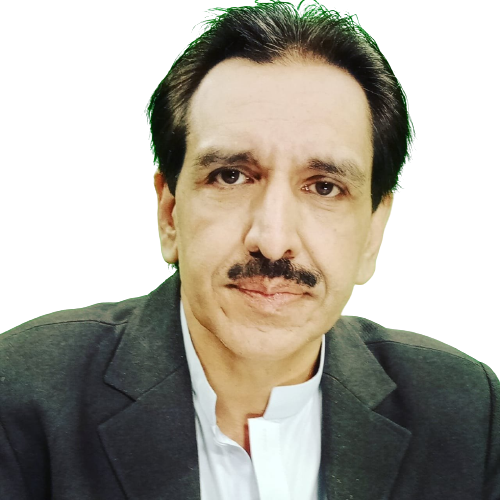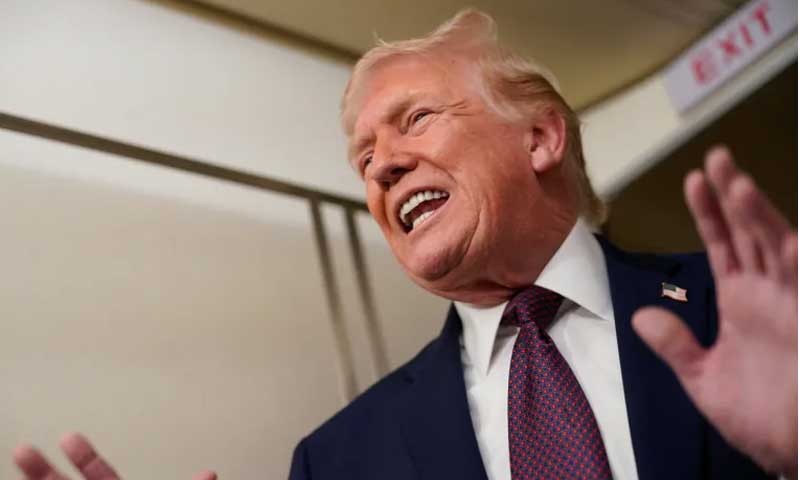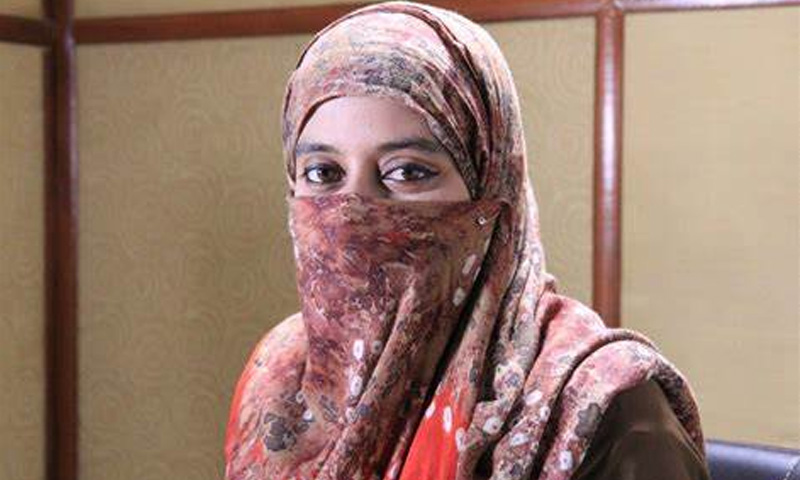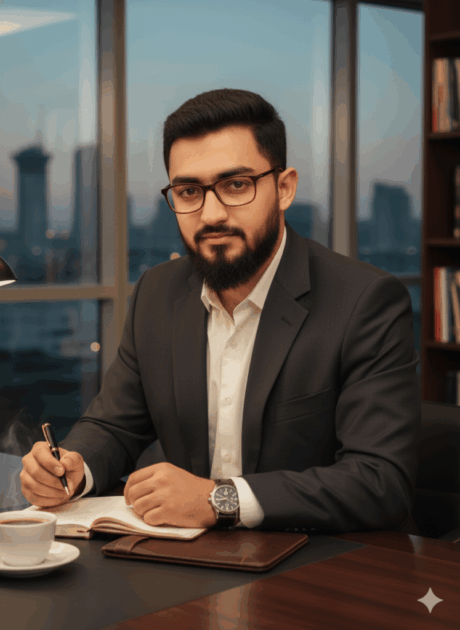- Sanam Tanzeel
- Jan 22, 2026
Unraveling the tensions in Kurram: is there a path to peace?
As one of the most picturesque tribal district of Khyber Pakhtunkhwa, Kurram stands as a testament to the paradox of progress and conflict.
Once part of the erstwhile FATA region, Kurram has often been lauded for its advancements in education and lifestyle. The region’s geographical significance is undeniable, and its rich history is marked by the presence of the Shia community, which has been an integral part of its fabric for centuries. Yet, the shadow of sectarian and tribal tensions continues to loom large over this scenic valley.
Historically, the late 1970s was a turning point for Kurram. As Iran and Afghanistan grappled with their respective revolutions, rooted in differing ideologies, Kurram found itself entangled in the complexities of regional proxy wars. The web grew denser as global powers and armed guerrilla groups joined the fray. This intricate web of interests and conflicts continues to exert its influence to this very day.
Historically, the tribal agencies that made up the former FATA each grappled with unique challenges. Compounding these challenges was the overarching absence of effective state governance. This governance vacuum meant that tensions, which had seeded themselves deeply over decades, began to mesh with local grievances. This volatile mix attracted armed factions and extremists from both Pakistan and neighboring Afghanistan. A conflict that had its genesis in Shia-Sunni disagreements gradually mutated, evolving into a wider canvas of strife, with Kurram and its neighboring district, Orakzai, bearing the brunt.
The merger of FATA into Khyber Pakhtunkhwa in 2018, under the aegis of the Tehreek-e-Insaf party, brought hope for a new beginning. However, the promise of reforms, including the pivotal issue of land reforms, remained largely unfulfilled. The result? Escalating tensions and disputes over land rights in the newly incorporated districts.
It’s disheartening to see that, rather than addressing these core issues, some factions have chosen to politicize them. Worse still, there are attempts to mask these problems with allegations of terrorism.
Today, the echoes of conflict reverberate once more in Kurram, with land disputes between two dominant factions taking center stage. It is a stark reminder that this region has witnessed three such major incidents in this year alone. The haunting memory of an attack on a school, where innocent lives were lost, serves as a grim testament to the urgency of the situation.
There is a glimmer of hope, embodied by the proactive stance of the security forces and the ongoing dialogues with tribal, political, and social leaders. But mere conversations are not the panacea. Kurram’s future hinges on tangible reforms, particularly in resolving land disputes and streamlining administrative processes.
Kurram deserves more than just fleeting attention and sporadic interventions. The region’s beauty, its rich history, and its potential for progress demand a sustained effort to bring about lasting peace. The path to de-escalation lies in understanding its complex history, addressing its longstanding issues, and most importantly, in the political will to act.






